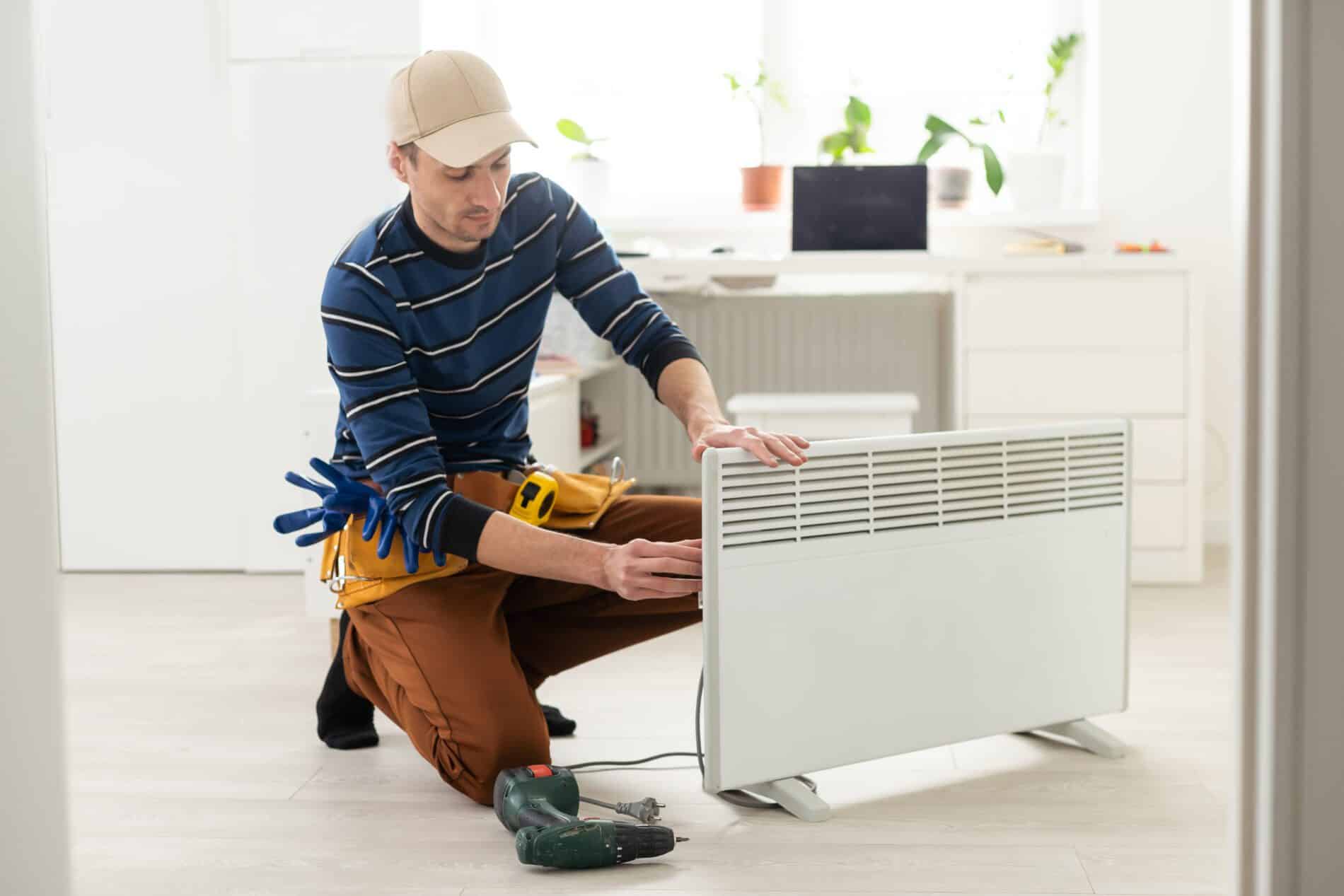What To Do For Common Water Heater Problems
What To Do For Common Water Heater Problems
Blog Article
The article below in relation to Common Problems with Your Home Water Heater is unquestionably interesting. Try it and make your own findings.

Visualize beginning your day without your routine warm shower. That currently establishes a bad tone for the remainder of your day.
Every residence requires a dependable hot water heater, but only a few understand how to take care of one. One easy means to keep your water heater in leading shape is to check for faults frequently as well as fix them as soon as they appear.
Remember to turn off your hot water heater before smelling around for mistakes. These are the water heater mistakes you are probably to encounter.
Water also warm or also chilly
Every hot water heater has a thermostat that establishes exactly how warm the water gets. If the water entering your residence is as well warm despite setting a hassle-free maximum temperature level, your thermostat could be defective.
On the other hand, as well cold water might result from a stopped working thermostat, a damaged circuit, or inappropriate gas circulation. For example, if you use a gas hot water heater with a busted pilot burner, you would certainly get cold water, even if the thermostat remains in ideal condition. For electrical heating systems, a blown fuse may be the perpetrator.
Not nearly enough hot water
Hot water heater been available in lots of sizes, depending on your warm water demands. If you run out of hot water before every person has had a bathroom, your water heater is too little for your family size. You should consider setting up a bigger water heater tank or opting for a tankless hot water heater, which occupies less area as well as is much more resilient.
Strange sounds
There go to least 5 type of noises you can learn through a hot water heater, but one of the most typical analysis is that it's time for the hot water heater to retire.
To start with, you need to recognize with the regular sounds a hot water heater makes. An electric heating system may seem various from a gas-powered one.
Popping or banging noises usually imply there is a piece of sediment in your storage tanks, and it's time to cleanse it out. On the other hand, whistling or hissing sounds may simply be your valves allowing some pressure off.
Water leaks
Leaks might originate from pipelines, water links, valves, or in the worst-case situation, the storage tank itself. Gradually, water will rust the tank, and find its escape. If this takes place, you need to change your water heater immediately.
Nonetheless, prior to your change your entire tank, make sure that all pipelines remain in location which each shutoff functions completely. If you still need aid recognizing a leak, call your plumber.
Rust-colored water
Rust-colored water indicates among your hot water heater parts is corroded. Maybe the anode pole, or the container itself. Your plumber will certainly have the ability to recognize which it is.
Lukewarm water
No matter how high you set the thermostat, you will not obtain any warm water out of a heating system well past its prime. A water heater's efficiency may lower with time.
You will certainly likewise get warm water if your pipes have a cross link. This indicates that when you turn on a faucet, hot water from the heater streams in alongside normal, cold water. A cross connection is very easy to place. If your hot water taps still run after closing the water heater valves, you have a cross link.
Discoloured Water
Rust is a major cause of filthy or discoloured water. Deterioration within the water tank or a stopping working anode pole could trigger this discolouration. The anode pole shields the tank from rusting on the inside as well as ought to be examined yearly. Without a pole or an effectively working anode rod, the warm water quickly corrodes inside the container. Contact a specialist hot water heater technician to establish if replacing the anode pole will certainly fix the trouble; if not, change your water heater.
Verdict
Ideally, your hot water heater can last ten years before you need a modification. Nonetheless, after the 10-year mark, you might experience any one of these mistakes a lot more regularly. Now, you need to include a brand-new hot water heater to your budget plan.
How To Troubleshoot 3 Common Water Heater Problems in Twin Cities
The Water Heater Is Leaking
A leaky cold water inlet valve A loose pipe fitting A leaky temperature and pressure relief valve A corroded anode rod A cracked tank Turn Off Your Water Heater:
Shut off your gas water heater by turning the gas valve on the unit to the “OFF” position. Shut off your electric water by switching its power off at your electrical panel. Look for a two-pole breaker labeled “water heater” and turn it to the “OFF” position. Move the ball valve connected to the water heater to be perpendicular to the piping at a 90° angle. Look for the Leak:
Depending on whether the water is coming from the tank's top or bottom, you’ll want to look for the leak in different locations.
If the leak comes from the top of the tank, carefully look for water escaping from the cold water inlet valve or loose pipe fittings. Rusted hot and cold water valves can have loose connections with the tank, with water leaking out of them.
https://mspplumbingheatingair.com/blog/how-to-troubleshoot-3-common-water-heater-problems
We had been made aware of that article on Common Problems with Your Home Water Heater from someone on another web address. Are you aware of someone else who is fascinated by the topic? Please feel free to promote it. Thanks a lot for your time. Come back soon.
Expertly handling plumbing emergencies daily. Report this page